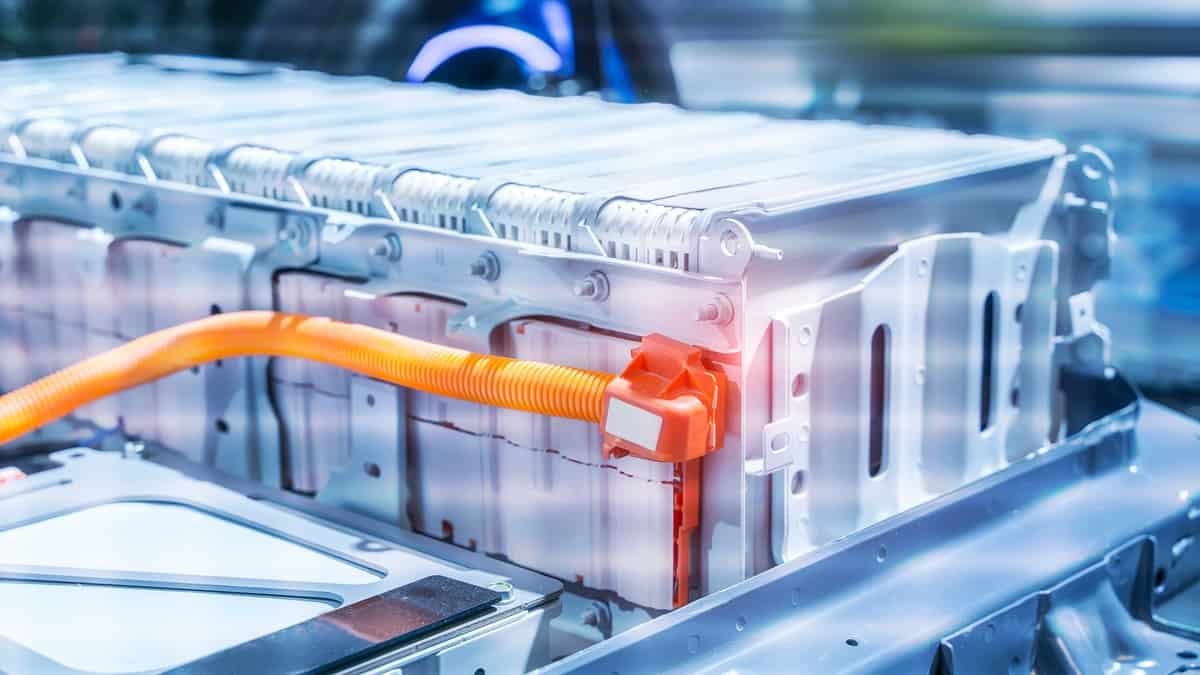Automobile manufacturers intend to recycle electric vehicle (EV) batteries. New businesses are creating second-life energy storage solutions, but the assumption that EV batteries have an 8-10 year lifespan needs to be corrected, as they frequently retain 80-85% capacity after this period, making reuse more difficult.
Commercial vehicles hold the greatest potential for used batteries, with companies such as Zenobe collaborating with bus companies to store energy. Nissan, Renault, and Mercedes-Benz are the market leaders in EV battery supply for third-party second-life energy storage, yet the market still needs to improve.
Commercial vehicles are setting the standard
As second-life energy storage may work for buses and commercial vehicles, reusing passenger car batteries at scale will be more difficult.
Organizations like Zenobe collaborate with bus companies to handle energy storage batteries. VDL and RWE recently collaborated to repurpose batteries from electric buses for energy storage at the Moerdijk power plant.
The goal is to build a 7.5 MW electricity storage battery to help maintain the grid and control supply and demand. This project helps to reduce CO2 emissions and extends the useful life of batteries, thereby conserving resources.
Innovation Origins reports that VDL and RWE plan to put up more decommissioned batteries to meet rising electric bus and storage demand. RWE plans to increase its battery storage capacity to 3 gigawatts by 2030 at its Moerdijk storage facility.
Old battery scarcity and affordability issues
The scarcity of used EV batteries, combined with the increasing average age of fossil-fuel vehicles on the road, contributes to the need for a market for used batteries. As intermittent renewable energy becomes more prevalent, the demand for used batteries for storage is expected to rise.
However, as people keep their vehicles longer, it becomes more challenging to recover the batteries for recycling. When it comes to recycling batteries, the affordability of EVs presents a problem because vehicle owners may be hesitant to part with their batteries due to the high price of replacement.
Regardless of the challenges, new businesses providing second-life energy storage solutions based on old EV batteries have received approximately $1 billion in funding from investors into the circular economy.
But experts claim that the capacity of EV batteries usually drops below 80%-85% after eight-to-10 years of use, allowing a substantial amount of their life to remain.
Market pricing and competition
In a thinly traded market, Nissan, Renault, and Mercedes-Benz are leading the supply of EV batteries for third-party second-life energy storage.
The market for buying and selling used EV batteries from third parties is small, with costs still influenced by the market for new batteries, with lower quality modules costing €60-70/kWh and higher quality modules costing €140-160/kWh. Recycling batteries competes with reuse as the demand for cell materials rises.
Offering used EV batteries to companies creating second-life BESS products is far from the only or ideal solution.
Battery packs can also be recycled in other vehicles, sold straight to consumers, or recycled. Nonetheless, recycling EV batteries provides a long-term solution that’s good for the environment, society, and economy, ensuring the journey to battery reuse is valuable.
Collaboration for sustainability
The circular economy benefits from EV battery reuse, including carbon reduction, waste management, and supply chain resilience. The supply chain for raw materials can be solidified by recycling batteries.
The global energy storage market is anticipated to grow to $19.04 billion by 2025, emphasizing the possibilities for EV battery reuse.
Reimagining the lifecycle of EV batteries requires stakeholder collaboration, even though the lack of old EV batteries may slow the transition.
Establishing new value chains and investing in battery supply chains are crucial to achieving electric mobility’s future. EV battery reuse is vital for a sustainable and environmentally friendly future.
See Also
- Ample unveils revolutionary robotic EV battery swapping station, delivers full charge in just 5 minutes
- CATL dominates global EV battery market in Jan-April 2023
- Tata Group partners with local government for a $1.6 billion EV battery factory
- Stellantis, Mercedes, and TotalEnergies launch the first EV battery factory in France
- Great Wall Motor to erect an EV battery factory and research center in Thailand

